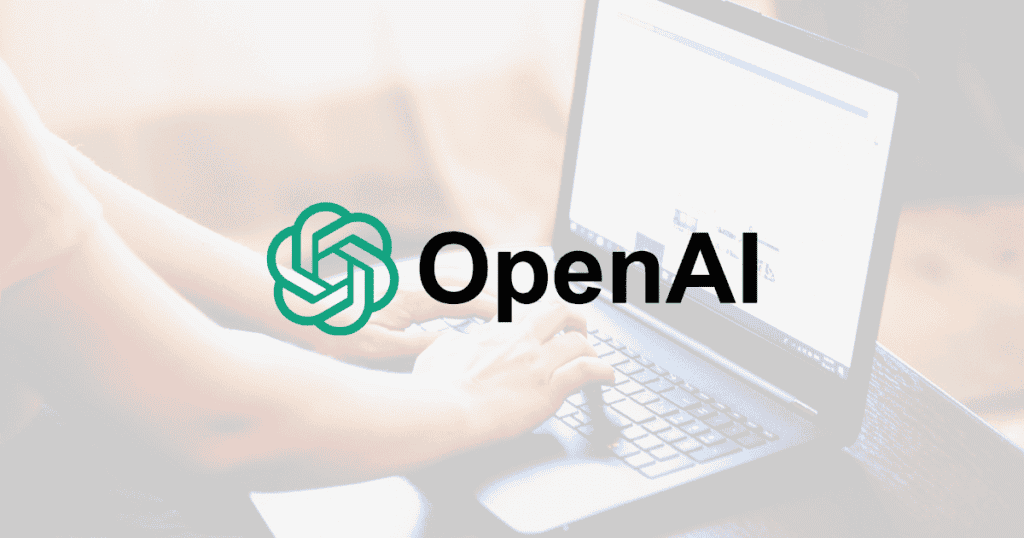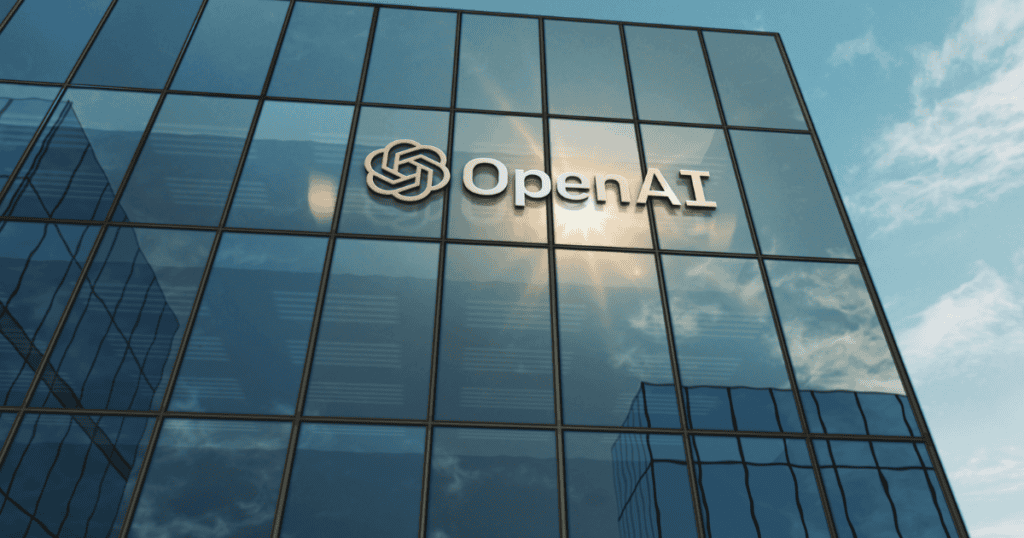Apple recently made headlines by stepping away from investing in OpenAI, signaling a shift in its AI development strategy. This move marks a pivotal moment for the tech giant as it refocuses on enhancing its own artificial intelligence projects instead of joining competitors in supporting the popular AI platform.
The decision, while surprising to some, reflects Apple’s intent to prioritize proprietary AI technologies and reduce reliance on external companies. What could this mean for Apple’s future AI projects? Let’s dive into the key details and implications.
Apple’s Withdrawal from OpenAI Talks
Apple’s exit from negotiations to invest in OpenAI comes at a crucial time. OpenAI, known for its groundbreaking work with ChatGPT, was seeking to raise significant capital, with the goal of bringing in over $6.5 billion. If successful, this round would value the AI powerhouse at more than $100 billion.
While companies like Microsoft and Nvidia are boosting their investments in OpenAI, Apple’s decision to step back indicates a strong commitment to its internal AI endeavors. This decision suggests that Apple is more focused on building in-house solutions that align with its product ecosystem and long-term business goals.
What Does This Mean for Apple’s AI Strategy?
By stepping away from investing in OpenAI, Apple has signaled a strategic pivot. Rather than partnering with an external AI platform, the company seems to be doubling down on its proprietary technologies.
Here are some potential impacts:
- Refinement of Core Products: Expect to see AI enhancements in key Apple products like Siri, iOS, and macOS. The integration of advanced AI could lead to more intuitive and user-friendly interactions.
- Greater Focus on Hardware and Software Synergy: Apple has always prioritized seamless integration across its ecosystem. By focusing on AI development internally, Apple can ensure that its hardware and software work together flawlessly, leading to more efficient and powerful products.
- Innovation in AI-Driven Features: With Apple’s commitment to developing AI in-house, we may see exciting new features, such as more intelligent voice assistants or enhanced image recognition capabilities within apps.
How Competitors Are Positioning Themselves
While Apple moves toward a self-reliant AI strategy, other tech giants are increasing their investments in OpenAI. Companies like Microsoft and Nvidia are positioning themselves to leverage OpenAI’s potential, especially as demand for AI capabilities continues to grow across industries.
Here’s how other companies are acting:
- Microsoft: Already a significant investor, Microsoft is expected to contribute an additional $1 billion to OpenAI’s current funding round, bringing its total investment to $14 billion.
- Nvidia: As a leader in AI chip production, Nvidia’s involvement in OpenAI’s funding round underscores its deep commitment to AI advancements. Nvidia’s role is critical, particularly as AI applications require specialized hardware for optimal performance.
- Thrive Capital and Other Investors: Thrive Capital, along with backers like Tiger Global Management, is contributing heavily to this round of funding, further demonstrating the widespread interest in OpenAI.
Financial Landscape: OpenAI’s Value and Market Potential
OpenAI’s funding round is poised to raise billions, potentially driving its valuation beyond $100 billion. This impressive figure underscores the growing importance of AI across various sectors, from healthcare to finance.
The financial backing OpenAI has received reflects confidence in its ability to push the boundaries of AI technology. With significant capital in hand, OpenAI can accelerate its research, expand its team, and deliver even more groundbreaking solutions.
Meanwhile, Apple’s choice to redirect its resources toward proprietary AI development highlights its belief in a different growth model—one that leverages its ecosystem and hardware innovations.
The Future of Apple’s AI Innovations
As Apple prioritizes internal development over external investments, expect the company to release groundbreaking AI-driven features in the coming years. Some potential areas of focus include:
- Siri’s Transformation: Apple’s virtual assistant is likely to receive major AI-driven upgrades, offering more sophisticated voice commands and deeper integration with apps.
- AI-Powered Apps: With the upcoming releases of iOS 18 and macOS Sequoia, we can anticipate features like enhanced image recognition in Photos and predictive text improvements in Messages.
- New Product Innovations: Apple may also leverage AI to develop new hardware, such as AI-optimized chips, or introduce entirely new product categories that integrate cutting-edge AI capabilities.
Industry Reactions: Is Apple’s Move a Risk or a Smart Play?
Apple’s decision has sparked mixed reactions among industry analysts. Some view the move as risky, as it isolates Apple from a rapidly growing AI ecosystem, while others see it as a calculated decision that aligns with the company’s preference for control over its technology stack.
Analysts who are optimistic about the shift believe it could lead to more coherent and deeply integrated AI features across Apple’s product line. On the flip side, critics argue that Apple may be missing out on valuable opportunities by not partnering with OpenAI.
The stakes are high, and as Apple continues to develop its own AI technologies, it will be interesting to see how it competes against other tech giants who are investing heavily in collaborative AI efforts.
Potential Alternatives for Apple’s Future AI Path
While Apple’s primary focus appears to be internal development, the company could still explore alternative paths to strengthen its AI capabilities:
- Partnerships: Apple may collaborate with other tech companies in areas where it lacks expertise, such as advanced AI chip manufacturing.
- Acquisitions: Instead of investing in large-scale platforms like OpenAI, Apple could look for smaller startups with unique AI innovations to bolster its technology.
- Public-Private Collaborations: Apple may also pursue partnerships with government agencies or academic institutions, allowing it to tap into research and talent pipelines.
MacReview Verdict
Apple’s decision to step back from OpenAI marks a clear shift in its AI development strategy. By focusing on in-house AI technologies, the company is betting on its ability to innovate independently and maintain control over its products. While competitors like Microsoft and Nvidia continue to pour resources into OpenAI, Apple’s internal strategy could position it to deliver even more advanced AI features across its ecosystem.
As the landscape of AI continues to evolve, Apple’s self-reliant approach could have far-reaching implications for the company’s market position and long-term success. It remains to be seen how this strategy will play out in the coming years, but one thing is certain—Apple’s focus on AI is only just beginning.




